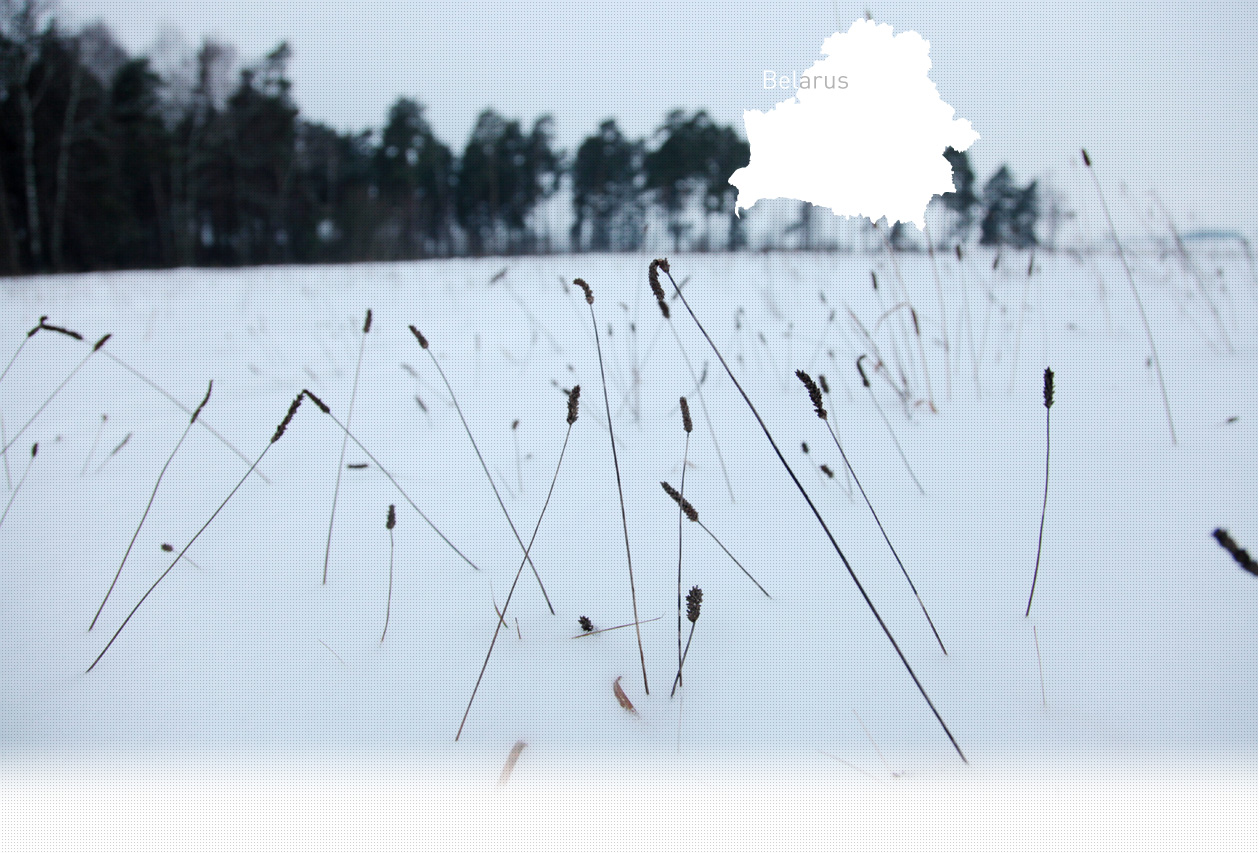

1 Killing site(s)
Tatiana G., born in 1930: "After the elimination of the Jews, people went to their houses to look for their belongings. Many of my comrades also went into the houses. They were curious to see inside. But I didn’t go, because my father wouldn’t let me." (Witness N°794, interviewed in Kanava, on June 14, 2014).
Zhuravichi is a small town located on the banks of the Bolotnyanka River, 94 km northwest of Gomel. According to the 1939 census, 616 Jews (about 26% of total population) lived in the town. There was a Jewish cemetery and a Jewish school where the language used was Yiddish. Before the war, it was a district center.
Zhuravichi was occupied by German forces on August 14, 1941, and a German military administration was set up. Upon the German arrival, all the Jews were registered and subjected to forced labor. They ocontinued living in their houses until September 1941, when a ghetto was created in the garden and the buildings of the kolkhoz. Under the guard of the local police, the Jews stayed there for around 4 months. Then in the late December 1941, all the Jews were taken by truck to the pine forest, where a pit had been dug in advance by local policemen. The execution of the Jews was carried out by Germans who were assisted by local police. The police buried the corpses. The most valuable Jewish belongings were taken by the Germans, and the others were sold at a store to the local population.
Do you have additional information regarding a village that you would like to share with Yahad ?
Please contact us at contact@yahadinunum.org
or by calling Yahad – In Unum at +33 (0) 1 53 20 13 17